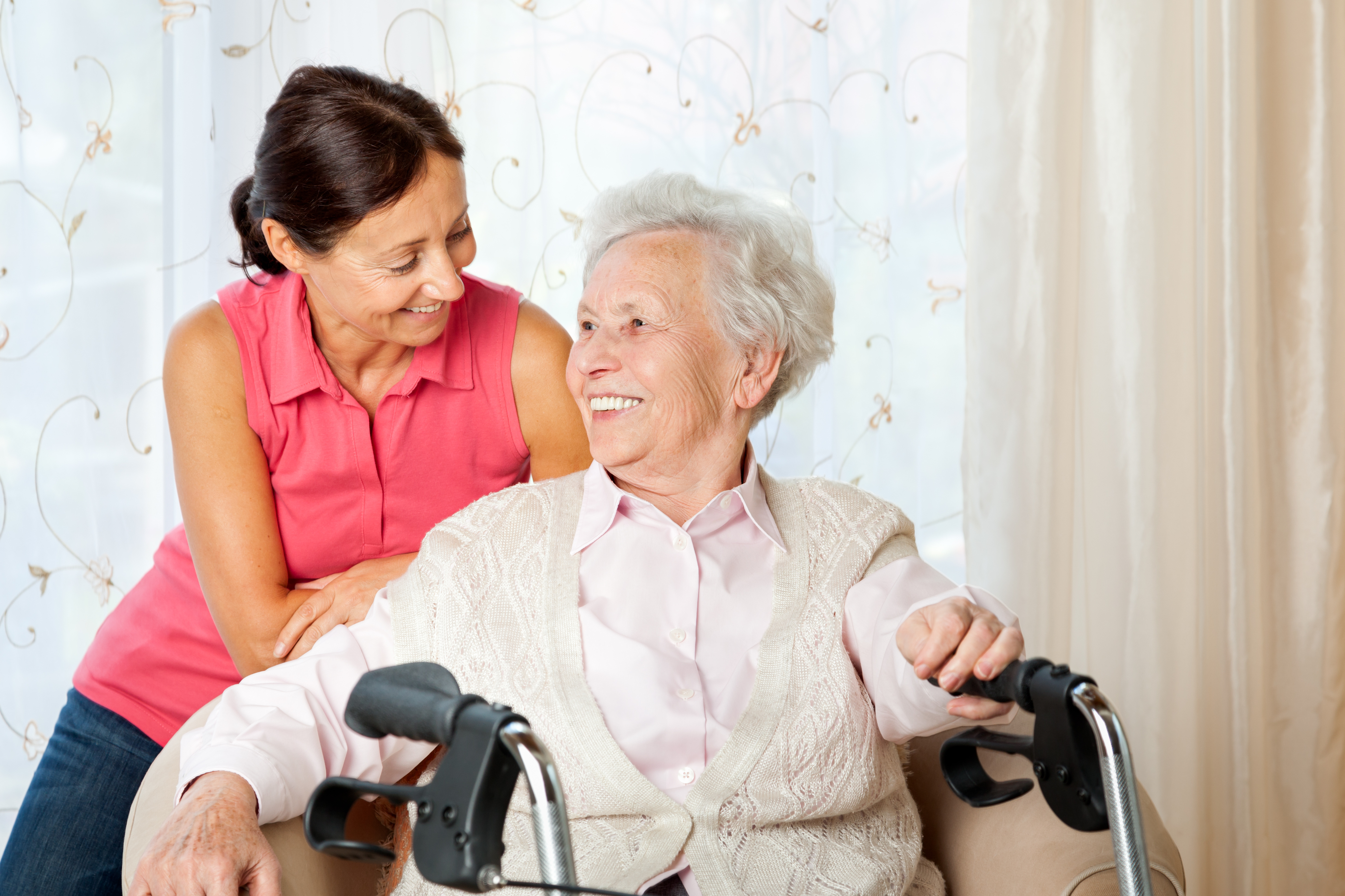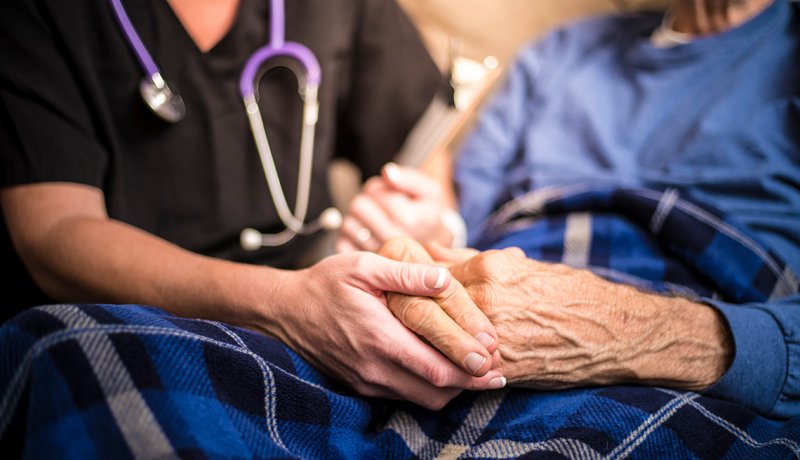AARP Hearing Center

Springfield – Residents in nursing homes across the state who have not been able to connect with their loved ones or join religious events during the COVID-19 pandemic must now be given a virtual visitation option, thanks to a measure signed into law by Gov. JB Pritzker Friday.
Senate Bill 2137, sponsored by Assistant Majority Leader, Sen. Jacqueline Y. Collins (D-16) and Rep. Anna Moeller (D-43), passed the measure with bi-partisan support during the spring session. The new law will go into effect upon the Governor’s enactment into law today.
“Our state’s most vulnerable residents in nursing homes have suffered the worst during this pandemic, with over 77,000 COVID-19 positive cases and more than 10,300 deaths,” said Bob Gallo, AARP Illinois State Director. “On behalf of our 1.7 million members, we commend Gov. Pritzker– following the leadership of Sen. Collins and Rep. Moeller – for signing into law this simple, humane source of comfort for nursing home residents at a time when they feel most alone.”
SB 2137 will connect nursing home residents virtually with family members, loved ones, and to religious or recreational activities when in-person visits are prohibited or restricted due to federal or state rules or guidance.
“Older adults in nursing homes should never feel isolated, especially during frightening times like this pandemic,” said State Senator Jacqueline Y. Collins (D-Chicago). “Making sure that long-term care facility residents have access to video chat to keep in touch with their loved ones will help keep them connected to the outside world and raise their spirits.”
“Protecting our most vulnerable residents in nursing homes is my passion as an elected official,” State Representative Anna Moeller said. “Today’s law will ensure nursing home residents have the ability and the right to connect virtually with their loved ones, friends, and family, and not feel the loneliness of social isolation which too many have and continue to endure this pandemic.”
The law comes in the wake of 2020 research that shows that the harsh consequences of isolation and loneliness on a resident’s quality of life are alarming: 50 % increased risk of developing dementia, a 32% increased risk of stroke, and a nearly fourfold increased risk of death among heart failure patients.
Under SB 2137:
- Virtual visitation will be considered in addition to existing in-person visitation policies.
- Technology and assistive equipment may be funded through federal Civil Monetary Penalty (CMP) Funds and/or other state and federal resources.
- Cleaning and sanitizing equipment and the development of a resident’s individualized visitation schedule will be included in a facility’s virtual visitation policy.
- Facilities will be permitted to train volunteers and staff to assist residents in virtual visitation.
- A resident’s right or use of personal devices will not change.
- Penalties for nursing homes not in compliance will go into effect in 2023; one year after the stated distribution of CMP funds in Illinois.
- IL Department of Public Health will adopt social isolation prevention policies within 60 days after the effective date of the Act; rules will take into account a facility’s barriers to connectivity and Internet bandwidth limitations.
"The passage of this bill represents bi-partisanship at its best," said State Senator Donald DeWitte (R-St. Charles). "This last year-and-a-half has been incredibly difficult for seniors who have been largely unable to touch or hug their loved ones during the COVID-19 pandemic, and SB 2137 will ensure that moving forward we place more of a balance between physical and social-emotional health."
David Olsen, the State Affairs Director for the Alzheimer’s Association Illinois Chapter, said the new law will have profound impact on vulnerable Illinoisans.

"One way to combat social isolation is to ensure every long-term care resident and their loved ones can connect virtually, Olsen said. "Today's law is a compassionate approach to safeguard our state’s most vulnerable population, including those living with Alzheimer's and all other dementia, from loneliness and resulting emotional distress. We are pleased to collaborate with AARP Illinois, Senator Collins, and Representative Moeller to improve the lives of our most vulnerable nursing home residents."































































